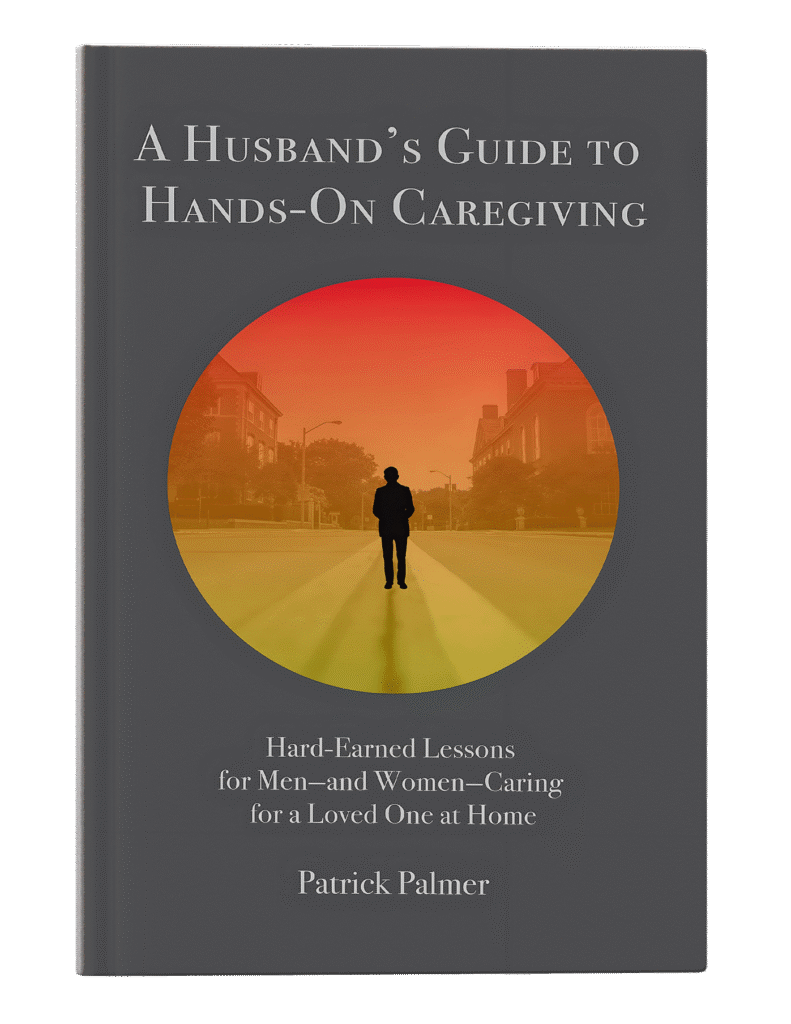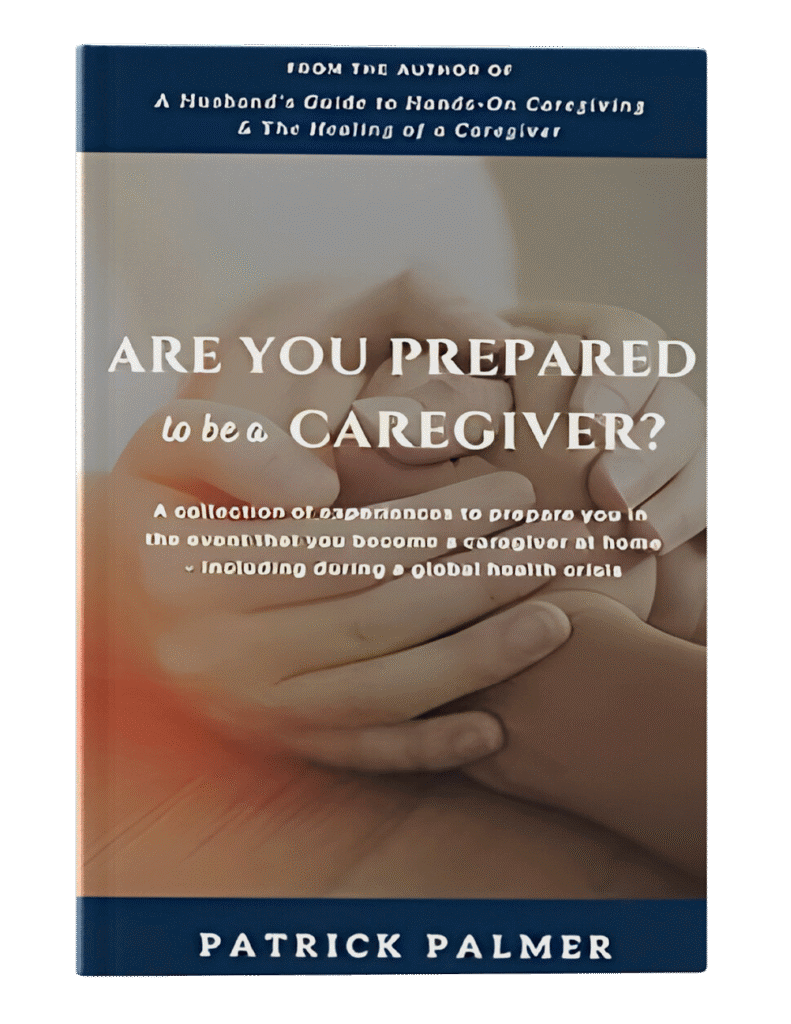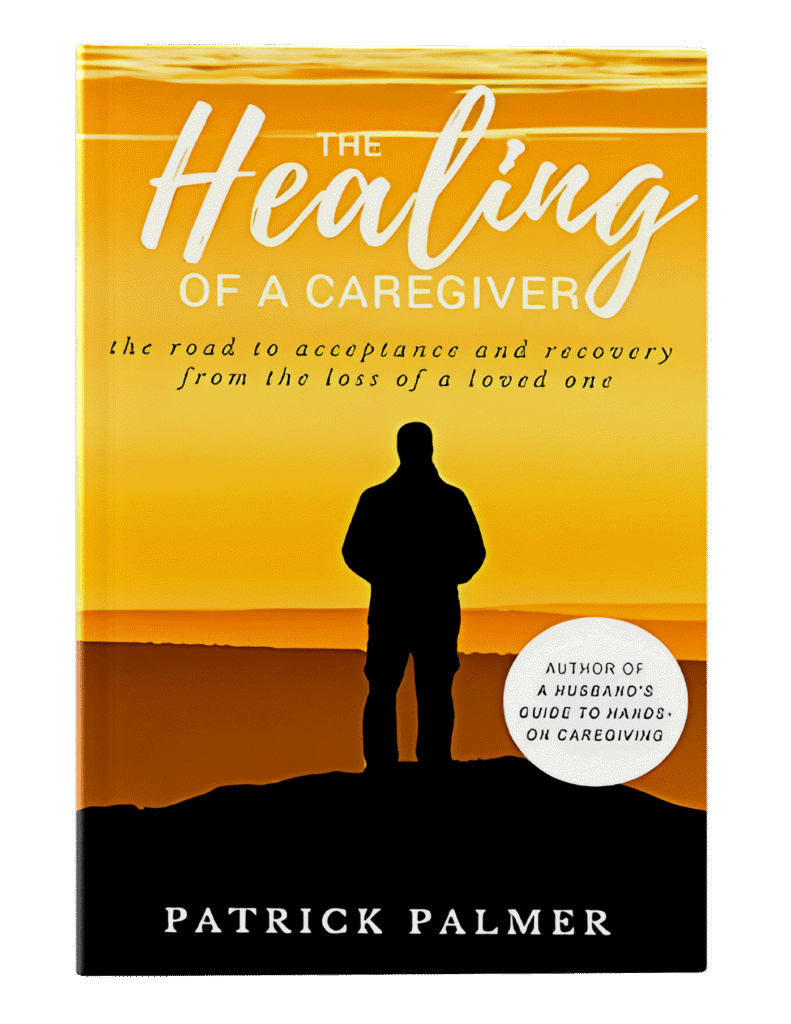Can You Be a Caregiver for Your Spouse? Everything You Should Know
You swore to keep one another in sickness and health, but can you be your spouse’s caregiver when the occasion calls for it? Caring for one’s partner is intensely personal and often burdens the soul.
The article attempts to answer the question: can you be a caregiver for your spouse? We will examine what being a caregiver entails, how to prepare yourself emotionally, legally, and financially, and much more. Let’s take the opportunity for all it is worth.
Can You Be a Caregiver for Your Spouse?
Yes, a spouse can serve as a caregiver; most of the time, they do. What is heartrending is that 53 million Americans provide some sort of unpaid care to a loved one, and about 12% comprise people who take care of their spouses.
Around 91% of spousal caregivers undertake this role alone. It may act as a very healthy compensation; however, it may be extremely burdensome, particularly in the case of long-term ailments. So, short and simple: “Can you be a caregiver for your spouse?” Yes, you can. What you then need to do is to set expectations and get some assistance.
Can You Be Compensated for Caregiving for Your Spouse?
Yes, but it’s a bit more complicated than that. Here’s what you need to know.
State Programs That Pay Spouses for Caregiving
As of February 2024, 23 states provide financial assistance for spousal caregivers to care for the infirm spouse under Medicaid. They are “Medicaid HCBS Waivers” or “State Plan Personal Care.” These allow beneficiaries to choose their caregiver, which may include the spouse.
Eligibility usually has income and asset limits. However, there are exceptions, such as the community spouse resource allowance, which is provided in some states to help couples qualify.
Veterans’ Benefits for Spousal Caregiving
There are programs where the spouses of veterans may qualify for monetary payments for the caregiving tasks. For example, Veterans-Directed Care (VD-HCBS) allows such spouses to reimburse to the established Veterans Health Administration rates.
Additionally, there is also a VA Caregiver Support program that provides stipends to spouses whose veteran partners have incurred a service-related injury. Specific eligibility requirements differ according to the veteran’s service record and location.
Long-Term Care Insurance and Spousal Compensation Caregiver
Some long-term care insurance policies state whether a spouse should be compensated for caregiving. Some policies require that the spouse become a licensed care provider or open a small business or agency that bills the insurer.
Using Life Insurance for Caregiver Compensation
Life insurance with a large death benefit can sometimes be liquidated for caregiving funds. Under a life settlement, the policyholder sells the policy for a percentage of the benefit amount. This money can then be used to pay the caregiving spouse. Specializing settlement arrangements, such as Medicaid life settlements, allow the proceeds to go to the caregiver while protecting their Medicaid eligibility.

Before You Say Yes: What Spousal Caregivers Should Be Aware Of
Indeed, helping the loved one with whom you are emotionally bonded can be rewarding but can bring many adversities to your life’s physical, emotional, and financial arenas. Here are some things to consider:
Emotional Stress:
From spouse to caregiver, transition can bring about tension, exhaustion, or alienation in long-term situations. Spousal caregiver burnout is common.
Health Risks:
Spousal caregivers have a 27% tendency to report bad health, mostly because of aging. Typically, they are almost 62.5 years old, hence prone to exhaustion.
Financial Impact:
Caregiving could impact your income or savings if you work less or quit altogether. The options of compensation for caregivers are pretty few and vary according to the state.
Physical/Physicians:
Your spouse’s condition may put tremendous weight, with mobility assistance, hygiene issues, and medications appearing on the list of things that can offer their exhausting burden.
Legal and Medical Responsibilities:
Insurance, medications, and some legal documents such as power of attorney or advance directives are a few of the health care responsibilities that you will have to shoulder.
Changes in the Relationship:
It redefines the identities of caregiving and intimacy since most couples make no connection between closeness and caregiving.
So, knowing what to expect and who to call for the appropriate resources can help you care for your spouse while caring for yourself.
Balancing Love and Care: Essential Tips for Spousal Caregivers
The question isn’t whether you can be a caregiver for your spouse but how to do that incredibly. The answer lies in balancing, awareness, and kindness to yourself.
Here are real-life tips to help you manage caregiving while protecting your well-being:
Establish a Routine:
Establish some small and easy routines such as mealtimes, medications, or fun activities to reduce anxiety and create a sense of control.
Move to the Beat Together:
Eat, walk, and stretch together. Shared routines will mean less effort, fewer busy days, and some connection.
Keep Learning:
If your spouse suffers from a memory-diminishing condition, look for dementia books or Alzheimer’s books. The more you know, the less confused you will become.
Do Not Do It Alone:
Get help. Family, friends, and professionals can help share workloads, conserve energy, and prevent burnout.
Create Boundaries:
You are a caregiver and a partner. Know when to say no. Conserve your energy so you can live fully.
Honor the Health:
Doctors, sleep, and good food are important for you, too. Caring for another is not an option if doing so jeopardizes one’s health.
Make Time for “You”:
Even 20 minutes of quiet reading, walking, or taking a hot shower is great.
Be Mindful:
Some deep breathing or a few minutes of doing nothing can be a great way to feel grounded and combat stress.
Find Your Community:
Create or join a support group for caregivers. Bonding with others who get it is healing.
Remain Organized.
A folder containing medical records, medicines, and emergency contacts can help focus again when things get intense.
You do not have to be perfect; just show up, be flexible, and realize that you count just as much at the end of the day as the care you give.
Support Your Caregiving Journey with Patrick Palmer’s Guidance
If you want to know more about caregiving, turn to Patrick Palmer, a caregiver, author and cancer research advocate.
Patrick nurtured his late wife, Angela, for a prolonged 53 months of her cancer journey. Hence, he brings along a very unique blend of empathy and down-to-earth practicality towards this entire phenomenon of caregiving. His books help people deal with the emotional and physical challenges of supporting a loved one.
Learn about his work and see what resources are available here




